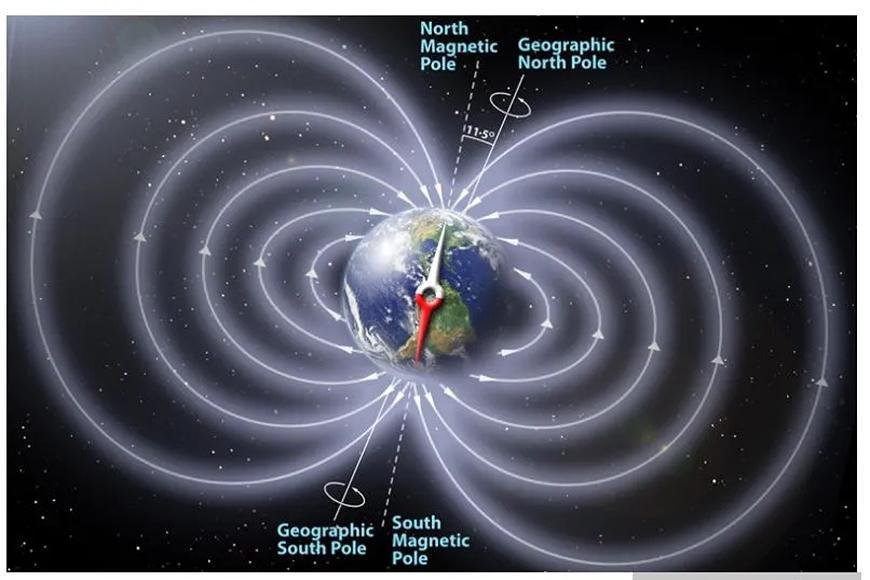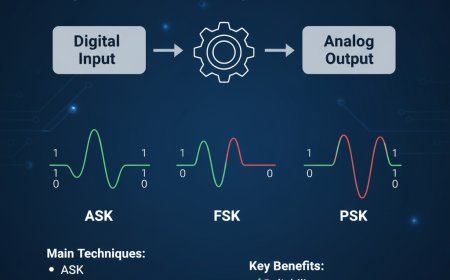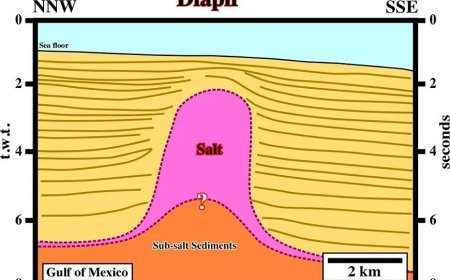MAGNETIC FIELD OF SOLAR SYSTEM OBJECTS
Not just planets! Giants & moons: Discover the surprising magnetic fields in our solar system.

MAGNETIC FIELD OF SOLAR SYSTEM OBJECTS
Moon
- When compared to the Earth's magnetic field, the Moon's magnetic field is determined to be exceedingly weak, and it lacks a magnetic dipole.
- Despite its strength, it is insufficient to keep the solar wind from ripping the atmosphere away.
Mercury
- Mercury's magnetic field is roughly a magnetic dipole, which indicates that the field contains two poles.
- In comparison, Earth's magnetic field is just 1.1% that of Mercury.
- It is incredibly difficult to maintain an equilibrium atmosphere due to its proximity to the sun.
Mars
- Mars lacks a global magnetic field that is inherent to the planet; instead, the solar wind interacts directly with the atmosphere of Mars, resulting in the formation of a magnetosphere.
- One of the causes of Mars' thin atmosphere, it is presently thought, is that it lacks a substantial magnetosphere.
Venus
- On Venus, there is no magnetic field.
- Our planet's ionosphere is what separates the atmosphere from the solar wind and outer space.
- Despite the fact that Venus lacks a magnetic field, its atmosphere is among the thickest of any terrestrial planet's atmospheres observed.
Jupiter
- Jupiter has the greatest magnetic field, and its atmosphere is thick.
Saturn (the Sun)
- Saturn has the second-biggest magnetosphere in the Solar System, behind Jupiter, which has the largest magnetosphere.
- Uranus and Neptune both have huge magnetic fields that are comparable to one another.
What's Your Reaction?



































